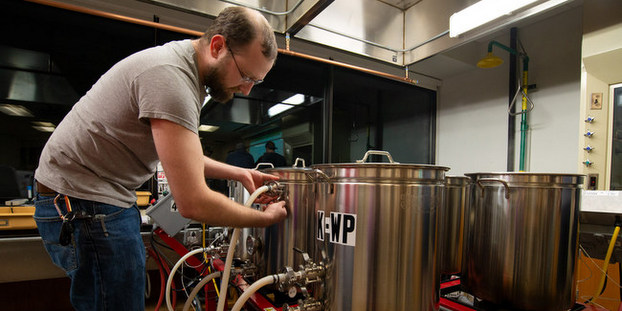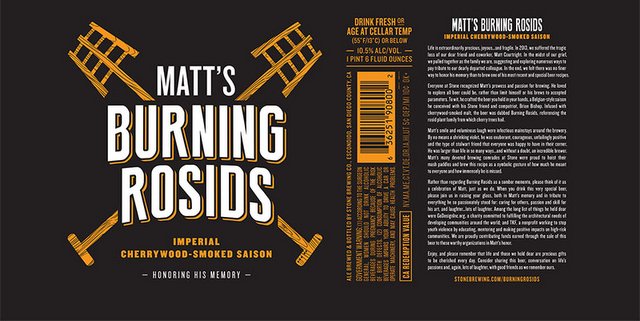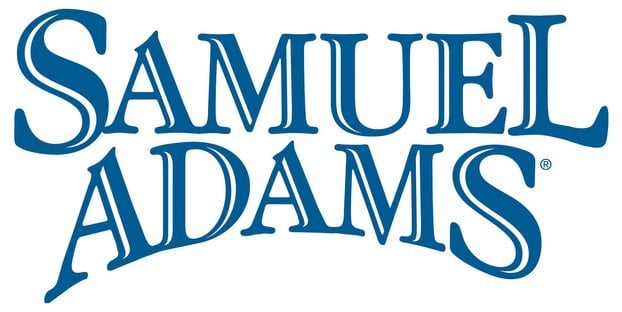The Master Brewers Association of the Americas (MBAA) was formed in 1887 with the purpose of promoting, advancing and improving the professional interest of brew and malt house production and technical personnel. Today, Master Brewers is a global community working to advance the brewing, fermentation and allied industries by: advocating the exchange of knowledge; creating, assembling, interpreting and disseminating credible and beneficial information; developing world-class education offerings; and providing valuable personal and professional development opportunities. Master Brewers is a 501(c)(3) non-profit organization.
As part of that mission, the MBAA teamed with the American Society of Brewing Chemists (ASBC) on a Higher Education Committee Advisory Board that provides guidance to and a “pathway to recognition” for academic institutions that offer or are developing certificate or degree programs in fermentation science. Providing such industry-led guidance is particularly important now, because many institutions are either offering or exploring such programs and the brewing industry has a strong interest in developing a wide field of appropriately educated future employees.
The committee has developed Master Brewers and ASBC approved guidelines and learning outcomes for the successful development of academic programs for brewing and fermentation science — both for four-year college-level programs and two-year associate’s degree programs, as well as for certificate programs in brewing (either postgraduate or postsecondary school).
Introduced earlier this year, there are now a handful of these approved programs around the country. If you are looking to start or advance your brewing career, you’ll want to check out the following programs.
MBAA recognized programs
Appalachian State University. Fermentation Sciences program for the Four-Year College or University Bachelor of Science Degree.
Kwantlen Polytechnic University. Diploma in Brewing and Brewery Operations (two-year) program for the Two-Year Associate Degree or similar program.
Metropolitan State University of Denver. B.S. in Brewery Operations and B.S. in Brewpub Operations programs for the Four-Year College or University Bachelor of Science Degree.
Oregon State University. Food Science and Technology, Fermentation Science program for the Four-Year College or University Bachelor of Science Degree.
Southern Illinois University. Bachelor of Science in Fermentation Science program for the Four-Year College or University Bachelor of Science Degree.
University of California-Davis. Food Science (Brewing Option) for the Four-Year College or University Bachelor of Science Degree
University of South Florida-St. Petersburg. Certificate in Brewing Arts program for the Post secondary school — College Certificate or similar program
Virginia Polytechnic Institute & State University. B.Sc., Food Science & Technology, Fermentation program for the Four-Year College or University Bachelor of Science Degree
What’s the difference?
While the learning outcomes are similar for each, the following distinctions may provide insight into how the brewing industry would differentiate between graduates in each category:
Four-Year Program — A four-year college-level degree generally is required (along with other requirements) by the brewing industry for management-level jobs and is distinguished from a two-year associate’s degree in applied science by 1) a high degree of theoretical knowledge about the relationships between each of the following —fermentation, brewing raw materials, brewhouse engineering, packaging and safety; 2) a strong ability to function as part of a brewery production team; and 3) a basic understanding of the business of brewing (e.g., inventory management). The minimum number of credits pertaining to “capstone” courses should be no less than nine (three courses). Graduates should be able to assist in the commissioning and/or day-to-day operation of a small, packaging brewery.
Two-Year Program — A two-year associate’s degree in applied science generally is required (along with other requirements) by the brewing industry for entry-level brewhouse, packaging and maintenance jobs and is distinguished from a four-year program by an emphasis on practical application of skills pertaining to the day-to-day operation of a brewery or a set of functions within a brewery (e.g., packaging, engineering). The minimum number of credits pertaining to “capstone” courses should be no less than nine (three courses). Graduates should be able to use an entry-level position as a way to build on their education and practical experience (e.g., internship or lab experience) to advance, if desired, into higher level positions.
Certificate Program — A certificate in brewing is generally required (along with other requirements) by the brewing industry for entry-level cellar, packaging and maintenance jobs and is distinguished from a two-year program by its focus on a general overview of the brewing industry, providing an understanding of day-to-day brewery operations and basic principles used on the job (e.g., cleaning, sanitation, brewing science). The minimum amount of time recommended for a certificate program is 10 to 18 weeks, with time spent as an intern in a brewery either during or after the program. Completion of a certificate program in brewing should provide graduates with the ability to start in an entry-level brewery position.






Leave a Reply
You must be logged in to post a comment.